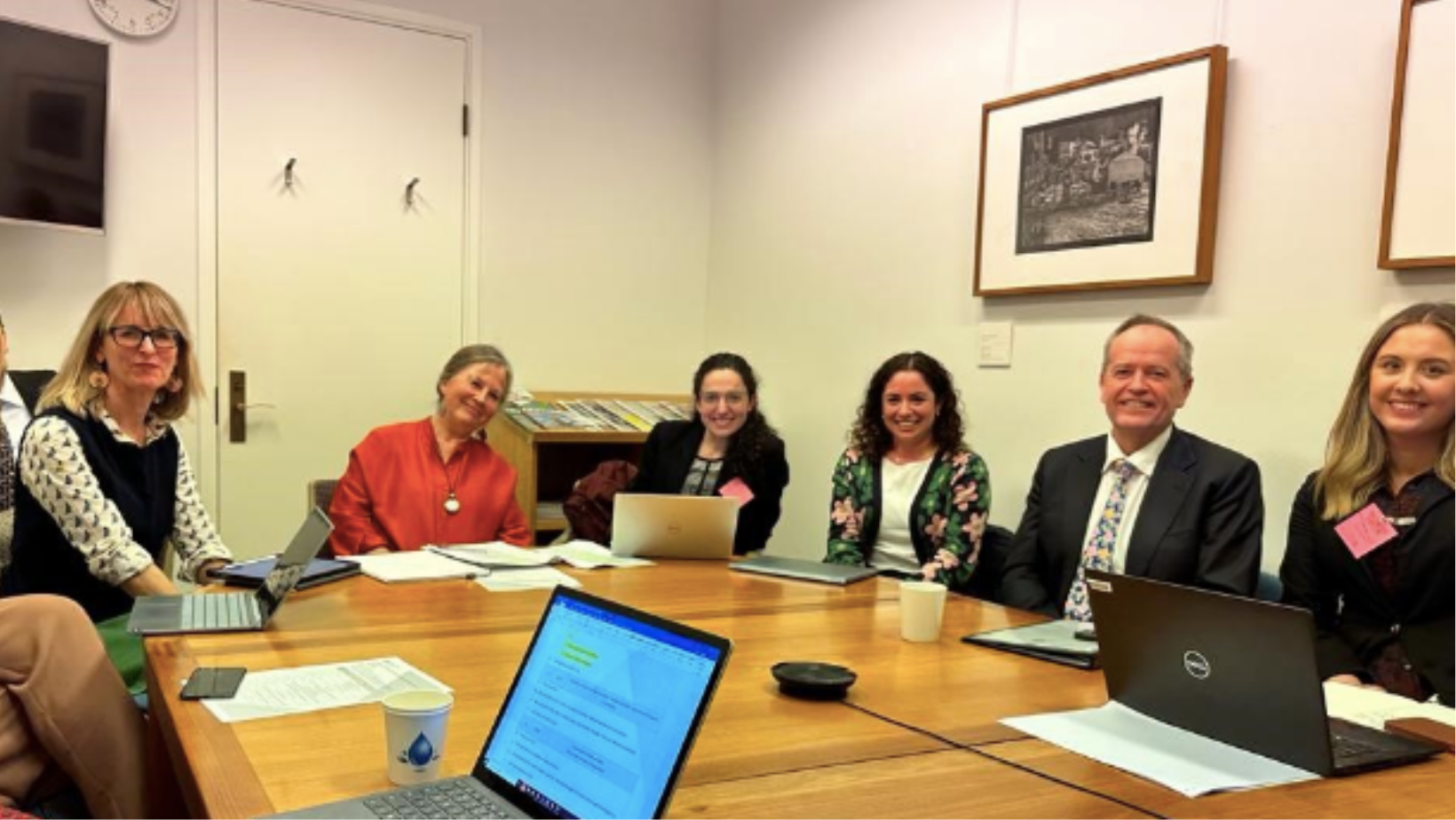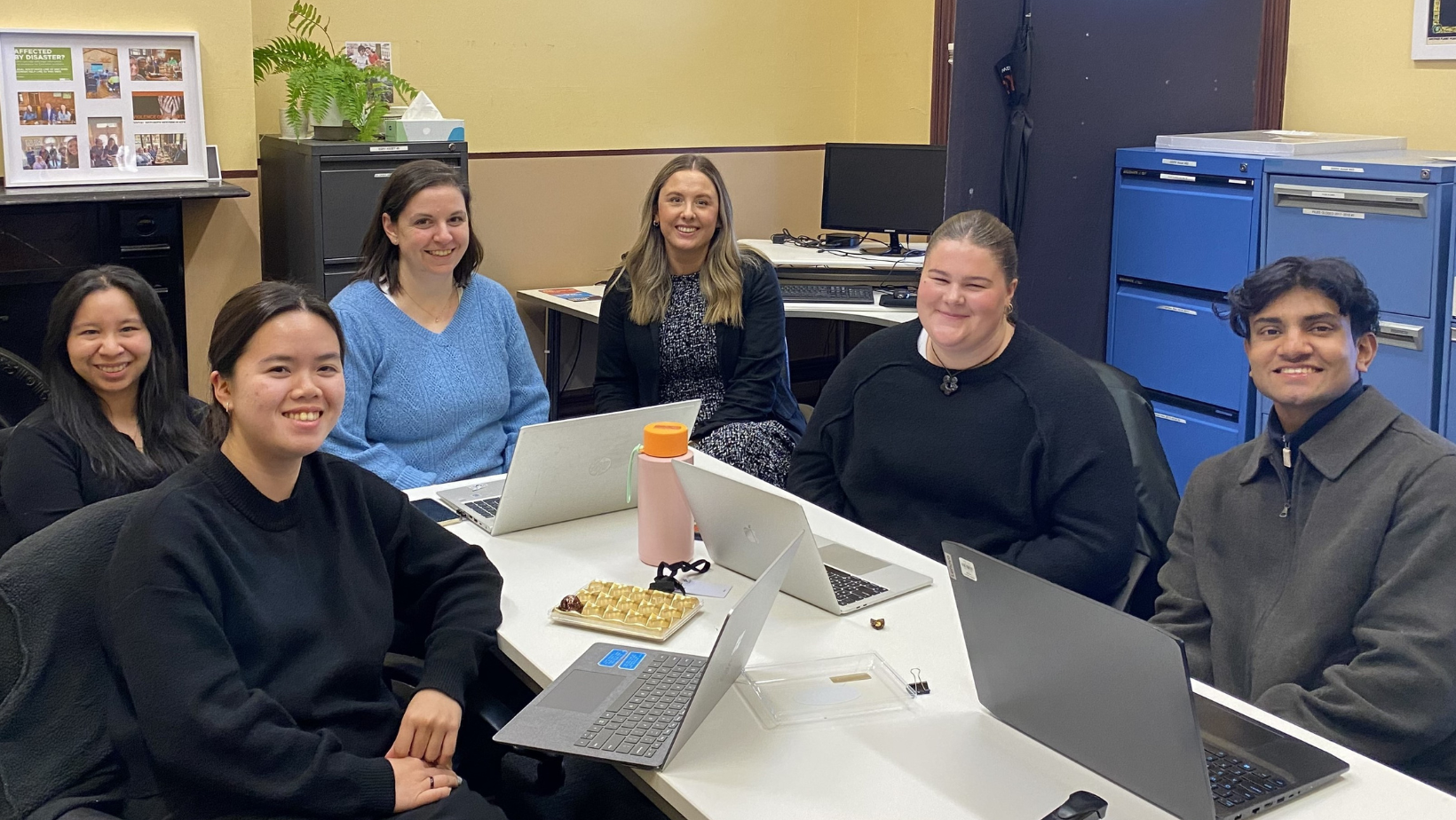In May 2023, changes were made to the Social Security Guide to require Centrelink decision-makers to take into account the presence of family and domestic violence when making assessments about whether a person is a ‘member of a couple’ for social security purposes. The Social Security Guide is an online policy document published by Services Australia that provides guidance to decision-makers (including Centrelink officers and Tribunal Members) on how to apply and administer social security legislation.
These are important changes, aimed at better supporting people escaping family violence.
The Guide now explicitly provides that the presence of family violence in a relationship may indicate that two people should not be defined as being a ‘member of a couple’ under section 4 the Social Security Act 1991.
It also provides that decision-makers should consider family violence as a special reason to treat someone as not being a member of a couple under section 24 of the Social Security Act 1991.
The changes are critical because they enable family violence to be properly considered; supporting more victim-survivors to access the ‘single’ rate of payment which is unaffected by their partner’s income and assets.
Key changes to the Social Security Guide
Here are some of the significant changes that have been made to the Social Security Guide. You can read the full guide here.
1: Determining member of a couple relationships
The presence of family violence, may indicate that a person is not a member of a couple and needs to be considered when assessing each of the five factors. Evidence may be required to support the presence of the family violence.
Family violence includes, but is not limited to physical, sexual, financial, emotional and psychological abuse. All types of family violence should be considered, together with the five factors.
- Financial aspects of the relationship: The presence of financial abuse may indicate a person is not a member of a couple. A person experiencing financial abuse may be subject to coercion and threats, which has led to their existing financial arrangements.
- Nature of the household: Due to the presence of family violence, the nature of the household may present in a way that does not reflect the realities of the relationship and needs to be considered in the overall assessment.
- Social aspects of the relationship: Family violence may lead a person to falsely present themselves as a member of a couple to family and friends. Therefore, merely presenting in public as a couple is not necessarily indicative that two people are members of a couple.
- Any sexual relationship: As the nature of a person’s sexual relationship may be a sensitive subject, care should be exercised with inquiries into its existence, considering the person’s particular circumstances, such as the presence of family violence.
- A coercive or non-consensual sexual relationship may be regarded as family and/or domestic violence and indicate a member of a couple relationship does not exist.
- Nature of commitment: The presence of family violence may indicate there is no genuine commitment in the relationship and that the person is not a member of a couple. In cases where the person presents themselves as a member couple, consideration should be a given to whether this is a result of coercion.
2: Discretion to treat a person as not being a member of a couple for a special reason
The presence of family violence in a relationship may indicate that a person is not a member of a couple under the five factors. However, there may be situations where section 24 should be applied due to a person’s particular circumstances.
In general, the application of section 24 should only be considered in circumstances where:
- the person who is experiencing family identifies as partnered, or
- a member of a couple assessment has resulted in finding the 2 people are a couple, but due to the existence of family violence both members of the couple should be treated as single.
When a person experiencing family violence is not subject to the partnered income and asset test and is paid a higher rate, it could enable them to leave a situation they would not have been able to otherwise.
Failure to advise of a change in circumstances: Where family violence exists, a person may be coerced into to providing false or misleading statements about their relationship out of duress or fear. The person’s full circumstances must be considered and a determination made about whether they are a member of a couple or if section 24 should be applied.
3: Determining separated under one roof
Separated under one-roof assessments are made under the same principles as determining if a member of a couple relationship exists.
When assessing separated under one roof, the decision-maker may interview both parties or ask them to provide additional information about their circumstances. Sensitivity is needed when gathering evidence and consideration should be given to the presence of family violence.
A person who has experienced family violence may be less able to financially support themselves. As a result, it is not uncommon for a person who has experienced family violence to remain living under the same roof as the alleged perpetrator, which should be considered in determining if a person is separated under one roof.






